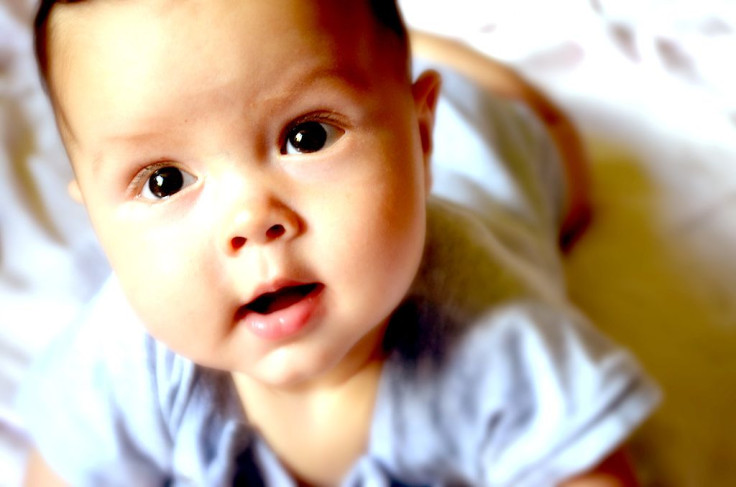Iraq War Birth Defects: Pollution To Blame For Life-Threatening Deformities

An alarming number of birth defect reports in an Iraqi city have persuaded researchers to look at the effects of war on childhood deformities.
In the United States the chance of a pregnancy ending in congenital irregularities is around 3 percent, most expecting parents would even say this is too high a possibility. Compare this to the city of Fallujah, Iraq where 15 percent of child births are accompanied by some kind of genetic abnormality.
The city of Fallujah was home to two major military conflicts during the Iraqi war after it became a strong hold for Al Qaeda in 2004. During this time, researchers believe men and women living in the area were exposed to a dangerous amount of toxic compounds. Modern day firearms and ammunition are made up of toxic elements such as lead and mercury.
A team of researchers led by reproductive toxicologist Mozhgan Savabieasfahani followed four extended families and collected tissue samples from their father's lineage. Savabieasfahani and her team also issued surveys at Fallujah General Hospital asking expecting parents about their lifestyle habits, proximity to war torn areas and facts about their pregnancy.
At the conclusion of the study, researchers found that parents who had higher concentrations of lead, mercury or other harmful elements had a better chance of giving birth to a child with spina bifida, heart deformities or problems with limb development.
This relatively new analysis has been met with its fair share of skeptics including the U.S. Department of Defense, ABCNews.com reported. Department spokeswoman Cynthia Smith said the researchers failed to take into account other factors like if the "mothers had adequate nutrition or access to medical care during pregnancy, and they did not always consider whether the parents were cousins."
Savabieasfahani even said it became difficult to gather information she and her colleagues needed due to the fact most parents are reluctant to discuss birth deformities in Muslim societies because they are said to bring shame upon one's family.
Published by Medicaldaily.com



























